Search
Search Results
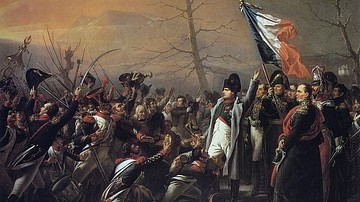
Definition
Hundred Days
The Hundred Days refers to the second reign of French Emperor Napoleon I, who unexpectedly returned from exile to reclaim the French throne. It encompasses Napoleon's triumphant return to Paris on 20 March 1815, his climactic defeat at the...
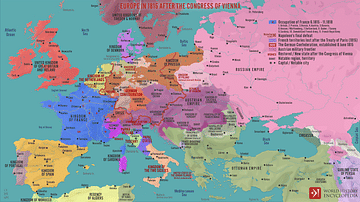
Image
Europe in 1815 after the Congress of Vienna
A map illustrating the dynamic borders in Europe following the Congress of Vienna (held between September 1814 and June 1815) aiming to balance power between the nations victorious over Napoleon: Russia, Great Britain, France, Austria, and...
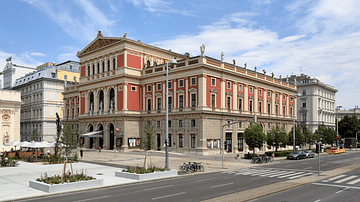
Image
Musikvereins, Vienna
The Musikvereins of Vienna, built in 1870 and host to the Vienna Philharmonic Orchestra.

Image
Prunksaal (State Hall), Austrian National Library, Vienna
Prunksaal (State Hall) is the central structure of the old imperial library and part of the Hofburg palace in Vienna, Austria. It was build between 1721-1723. Located in the hall are marble statues of emperors and the statue of emperor Charles...
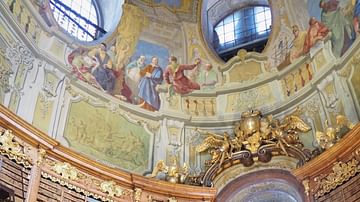
Image
State Hall, Austrian National Library, Vienna
Prunksaal (State Hall) is the central structure of the old imperial library and part of the Hofburg palace in Vienna, Austria. It was build between 1721-1723 and it housed about 200,000 books.

Image
Prunksaal, Austrian National Library, Vienna
Prunksaal (State Hall) is the central structure of the old imperial library and part of the Hofburg palace in Vienna, Austria. It was build between 1721-1723. The hall is divided, after the original list of the books, into "war" and "peace"...

Video
The Congress of Vienna: Crash Course
The end of the Napoleonic Wars left the great powers of Europe shaken. Judging from the destruction that had been wrought across the continent, it seemed to the powers that be that the Enlightenment had liberated the people, and led to disaster...
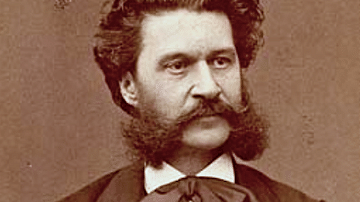
Definition
Johann Strauss II
Johann Strauss II (1825-1899), aka Strauss the Younger, was an Austrian composer best known for his waltzes such as The Blue Danube. Famed throughout Europe and the United States in his own lifetime, Strauss was known as the 'Waltz King'...
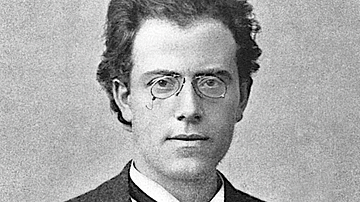
Definition
Gustav Mahler
Gustav Mahler (1860-1911) was an Austrian-Bohemian composer best known for his song-cycles and his grand, sweeping symphonies, which often require expanded orchestras for their full performance. Mahler, a composer of Late-Romantic music and...
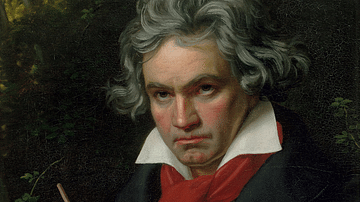
Definition
Ludwig van Beethoven
Ludwig van Beethoven (1770-1827) was a German composer of Classical and Romantic music; he is widely regarded as one of the greatest musicians to have ever lived. Most famous for his nine symphonies, piano concertos, piano sonatas, and string...